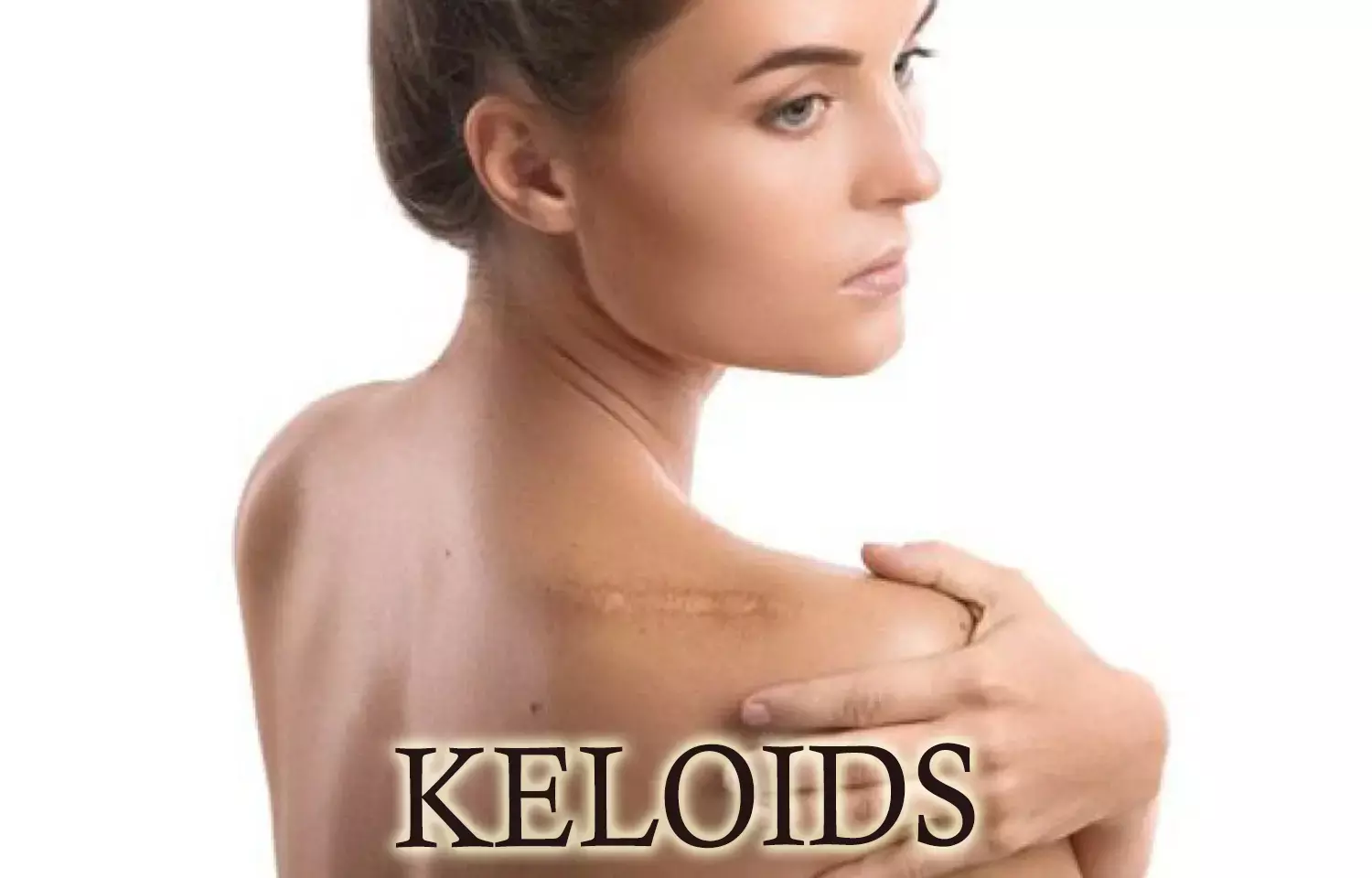- Home
- Medical news & Guidelines
- Anesthesiology
- Cardiology and CTVS
- Critical Care
- Dentistry
- Dermatology
- Diabetes and Endocrinology
- ENT
- Gastroenterology
- Medicine
- Nephrology
- Neurology
- Obstretics-Gynaecology
- Oncology
- Ophthalmology
- Orthopaedics
- Pediatrics-Neonatology
- Psychiatry
- Pulmonology
- Radiology
- Surgery
- Urology
- Laboratory Medicine
- Diet
- Nursing
- Paramedical
- Physiotherapy
- Health news
- Fact Check
- Bone Health Fact Check
- Brain Health Fact Check
- Cancer Related Fact Check
- Child Care Fact Check
- Dental and oral health fact check
- Diabetes and metabolic health fact check
- Diet and Nutrition Fact Check
- Eye and ENT Care Fact Check
- Fitness fact check
- Gut health fact check
- Heart health fact check
- Kidney health fact check
- Medical education fact check
- Men's health fact check
- Respiratory fact check
- Skin and hair care fact check
- Vaccine and Immunization fact check
- Women's health fact check
- AYUSH
- State News
- Andaman and Nicobar Islands
- Andhra Pradesh
- Arunachal Pradesh
- Assam
- Bihar
- Chandigarh
- Chattisgarh
- Dadra and Nagar Haveli
- Daman and Diu
- Delhi
- Goa
- Gujarat
- Haryana
- Himachal Pradesh
- Jammu & Kashmir
- Jharkhand
- Karnataka
- Kerala
- Ladakh
- Lakshadweep
- Madhya Pradesh
- Maharashtra
- Manipur
- Meghalaya
- Mizoram
- Nagaland
- Odisha
- Puducherry
- Punjab
- Rajasthan
- Sikkim
- Tamil Nadu
- Telangana
- Tripura
- Uttar Pradesh
- Uttrakhand
- West Bengal
- Medical Education
- Industry
Lack of evidence against efficacy of Silicone gel sheets for keloids

A recent study by Fan Tian and team found that there is currently some lack of evidence to prove the effectiveness of silicone gel sheeting versus other treatments as non-silicone gel sheeting, or intralesional injections of triamcinolone acetonide in the management of keloid scars. The findings were published in Cochrane Database of Systematic Reviews.
One of the most typical types of pathological scarring is keloid scarring. When keloid scars don't heal properly, they can cause discomfort, itchiness, contractures, and cosmetic deformities, which can have an impact on both a person's physical and mental health. One of the most popular treatments for keloid scars is silicone gel sheeting (SGS), which is a silicone membrane-backed product created from medical-grade silicone. There is, however, no current systematic evaluation evaluating the efficacy of SGS for keloid scars. To help clinicians, healthcare administrators, and persons with keloid scarring, a thorough and lucid assessment of the most recent research is necessary.
Standard Cochrane search techniques were employed by the researchers. December 2021 was the most recent search date. SGS' efficacy was evaluated in randomised controlled trials (RCTs) that enrolled participants with any type of keloid scar. Study selection, risk of bias assessment, data extraction, and GRADE assessment of the certainty of the evidence were all carried out independently by two review authors. Initial differences were settled through conversation or, if necessary, by consulting a third review author.
The key highlights of this study were:
1) The criteria for two studies were accepted.
2) There were 16 and 20 study participants, respectively.
3) Clinically, the trials varied in terms of scarring aetiology, scarring sites, and scar ages.
4) The follow-up period lasted for three and a half years.
5) Three comparisons were made between SGS and no treatment, SGS and non-silicone gel sheeting, and SGS and intralesional injections of triamcinolone acetonide in the included studies.
6) A split-body design was used in one trial, and an uncertain design was used in the other.
7) The included studies provided scant information on the key review outcome of scar severity as determined by medical experts, and there was no information provided on scar severity as determined by patients or adverse events.
8) Some data on pain were supplied for secondary outcomes, but cost-effectiveness and health-related quality of life were not.
9) Because of the inadequate outcome reporting in both trials, numerous categories in the risk of bias were rated as uncertain.
10) All of the evidence was given a very low level of assurance, mostly because of the possibility of bias, indirectness, and imprecision.
Reference:
Tian, F., Jiang, Q., Chen, J., & Liu, Z. (2023). Silicone gel sheeting for treating keloid scars. In Cochrane Database of Systematic Reviews (Vol. 2023, Issue 1). Wiley. https://doi.org/10.1002/14651858.cd013878.pub2
Neuroscience Masters graduate
Jacinthlyn Sylvia, a Neuroscience Master's graduate from Chennai has worked extensively in deciphering the neurobiology of cognition and motor control in aging. She also has spread-out exposure to Neurosurgery from her Bachelor’s. She is currently involved in active Neuro-Oncology research. She is an upcoming neuroscientist with a fiery passion for writing. Her news cover at Medical Dialogues feature recent discoveries and updates from the healthcare and biomedical research fields. She can be reached at editorial@medicaldialogues.in
Dr Kamal Kant Kohli-MBBS, DTCD- a chest specialist with more than 30 years of practice and a flair for writing clinical articles, Dr Kamal Kant Kohli joined Medical Dialogues as a Chief Editor of Medical News. Besides writing articles, as an editor, he proofreads and verifies all the medical content published on Medical Dialogues including those coming from journals, studies,medical conferences,guidelines etc. Email: drkohli@medicaldialogues.in. Contact no. 011-43720751


